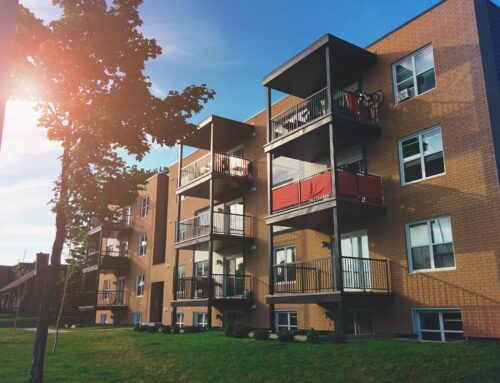A recent story from NPR has been trending this week, and reiterating what we here at ARIANNE have long known. High tech workers are heading to Canada. It’s good news for Canadian tech companies. And it’s good news for international workers with specialized skills and training. But it’s not such good news for American companies.
Why are high tech workers heading to Canada?
Once the destination of choice, welcoming the poor and the tired as well as the clever and the well-educated, America under Trump has been putting up new barriers to immigration. And workers, largely from Asia, with backgrounds in engineering, medicine and software development, are honing in on the path of least resistance.
While the Trump administration has created more and more obstacles for immigrants, Canada has been racing to make immigration easier. Skilled workers from overseas will find a great number of provincial and federal immigration programs depending on their field of expertise and their preferred destination.
Like the U.S., Canada is a safe and prosperous nation with a robust economy and a fast-growing technology sector. The enormous country enjoys a great wealth of natural resources, yet has a relatively tiny population. So labor shortages are common in Canada, especially in the highly skilled areas. No surprise then that foreigners would move in to take advantage of that shortage and the open immigration policies.
To learn more about Canadian immigration policies, check out some of these in-depth articles.
- Canadian Immigration Programs
- Provincial Nominee Programs
- Moving to Canada as an Entrepreneur or Skilled Worker
- Moving to Canada as a Freelancer
What makes Canada more attractive to skilled workers than the U.S.?
The American Dream has been luring foreigners to the land of stars and stripes for generations, and in many respects, the country was built on the backs of immigrants. But in the last few years, new policies have been making immigration increasingly difficult. The bureaucracy of American immigration is expensive and cumbersome.
The U.S. government has even issued a travel ban on certain Muslim majority countries, which has prevented many students and enterprising foreigners from entering the country. This applies to citizens of Iran, Libya, North Korea, Syria and Yemen. What’s more, the administration is currently working to expand the ban. The proposed changes could also block immigrants from Tanzania, Belarus, Eritrea, Kyrgyzstan, Myanmar, Nigeria and Sudan.
North of the border, on the other hand, immigrants can obtain Canadian residency after paying some minimal fees and processing a bit of paperwork without even hiring a lawyer. Canada has not placed a ban on any particular countries, instead they judge applicants by their merits, education and experience. They also conduct background checks and look at criminal history to ensure security and keep out dangerous individuals.
In addition to the friendlier immigration policies, foreigners might also find Canada’s safe and stable society more appealing. So high tech workers are coming to Canada for the jobs, but sticking around for the civil society and overall sense of safety and security. For the most part, Canada is country of kind and considerate citizens. Crime is fairly low, and civil unrest is virtually non existent. Even the Quebec separatists are pretty well behaved. And terrorists almost never set their cross hairs on the Maple Leaf.
Who wins and who loses when high tech workers move to Canada?
American immigration policy, as defined by Mr. Trump, claims to make national security its top priority. The end result, however, is that many of the best and brightest find greater opportunities in Canada. This gives Canada’s high tech industries a competitive edge over their southern neighbor. Moreover, it encourages big companies and multinational corporations to set up offices in Canada, where they will be more able to recruit qualified personnel.
To perform the most cutting edge work in medicine and software requires the most talented and best trained staff. And in a global economy, that means hiring the most skilled workers from anywhere in the world. But restrictive immigration policies are making it increasingly difficult for American tech firms to hire the sort of talent they need in order to stay on top.
So America may be protecting itself from citizen high risk countries, but amidst this atmosphere of xenophobia, it’s also also issuing its high tech industries a severe handicap.
To learn more, check out these insightful articles:
Which jobs are skilled workers taking in Canada?
For a country with just 37 million residents, Canada has a surprisingly robust and diversified economy. Research and development in fields of engineering, energy, biotech, software development and artificial intelligence are lifting Canada ever upward. Candidates with training and experience in these fields are in very high demand, and will generally have an easy time entering the country.
All of these industries are growing quickly and should continue to do so. The biggest hurdle is in finding the specialized staff who can handle the work load.
Learn more about Canada’s vibrant, high tech economy here:
- Top employers in Canada
- Canadian jobs in highest demand
- 12 companies you didn’t know were Canadian
- How Montreal became the Artificial Intelligence capital of North America
PHOTO CREDIT: High Tech Workers head to Toronto (Unsplash)







Leave A Comment